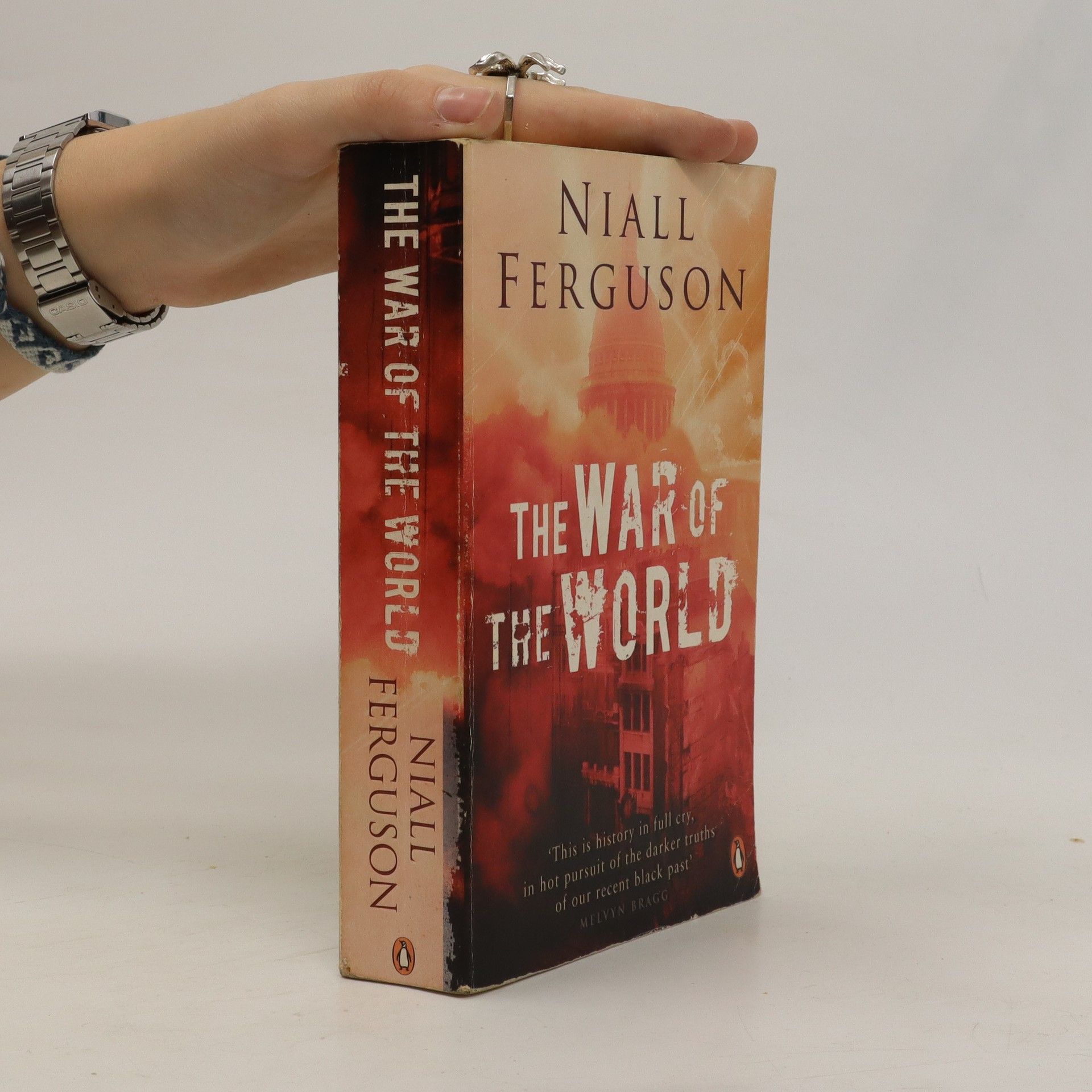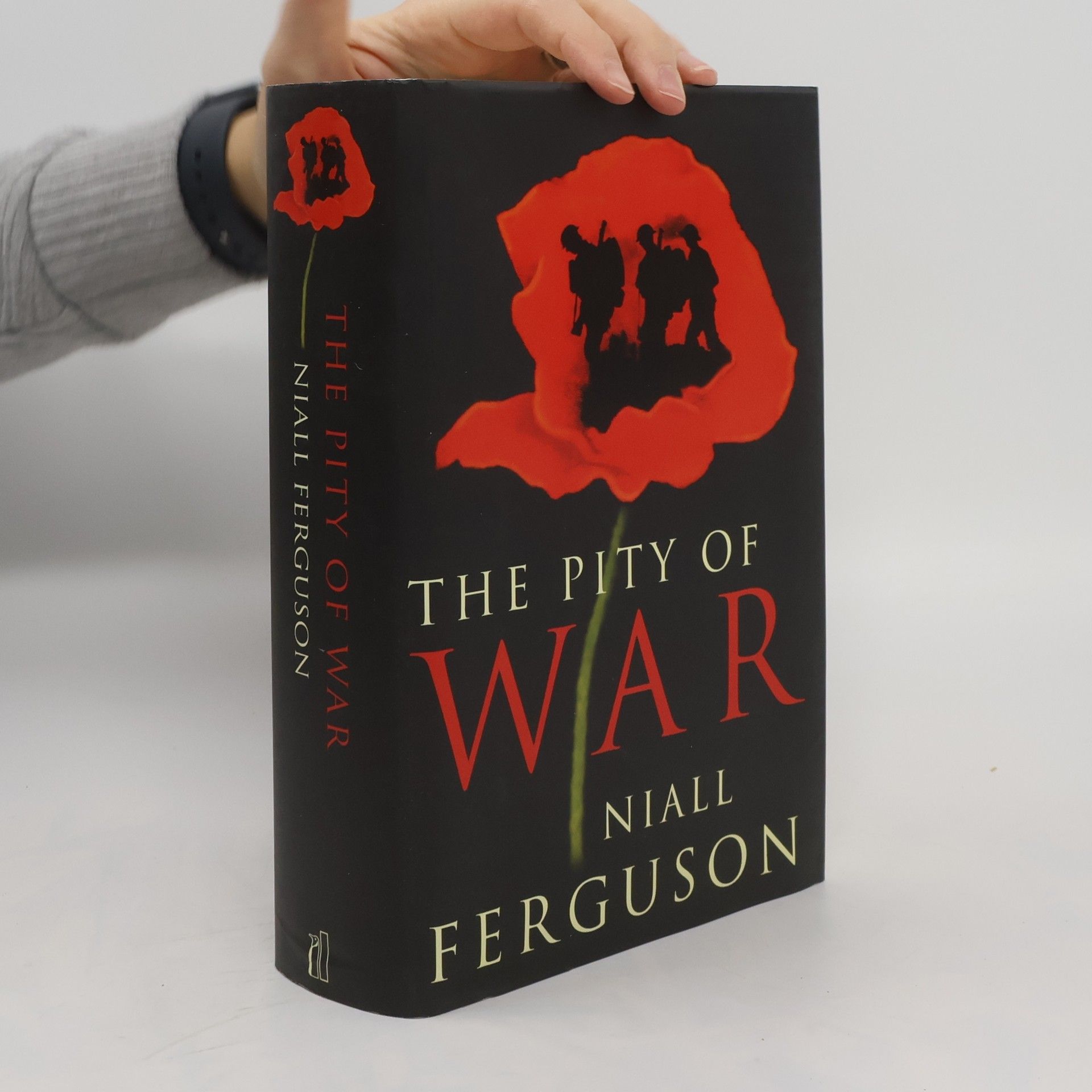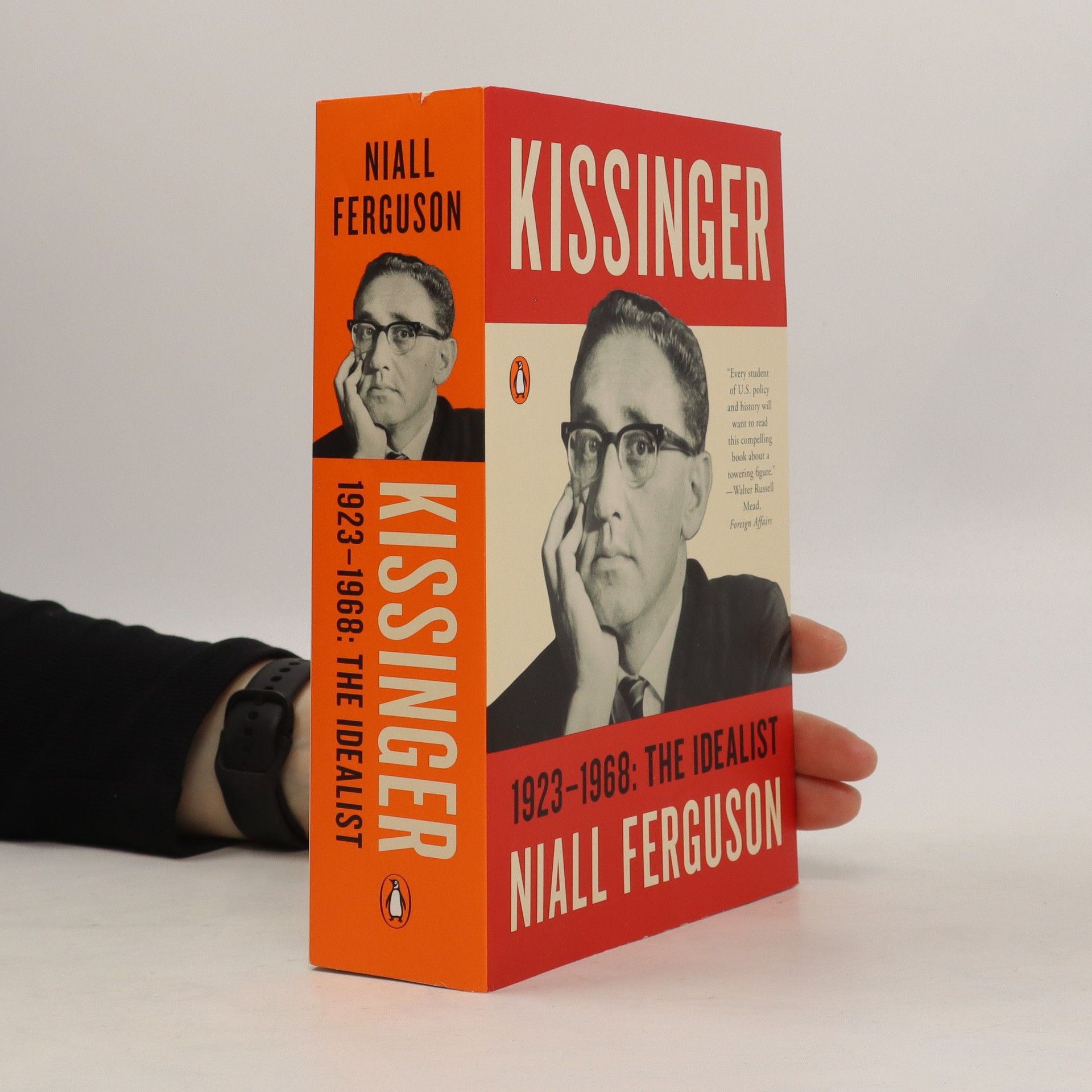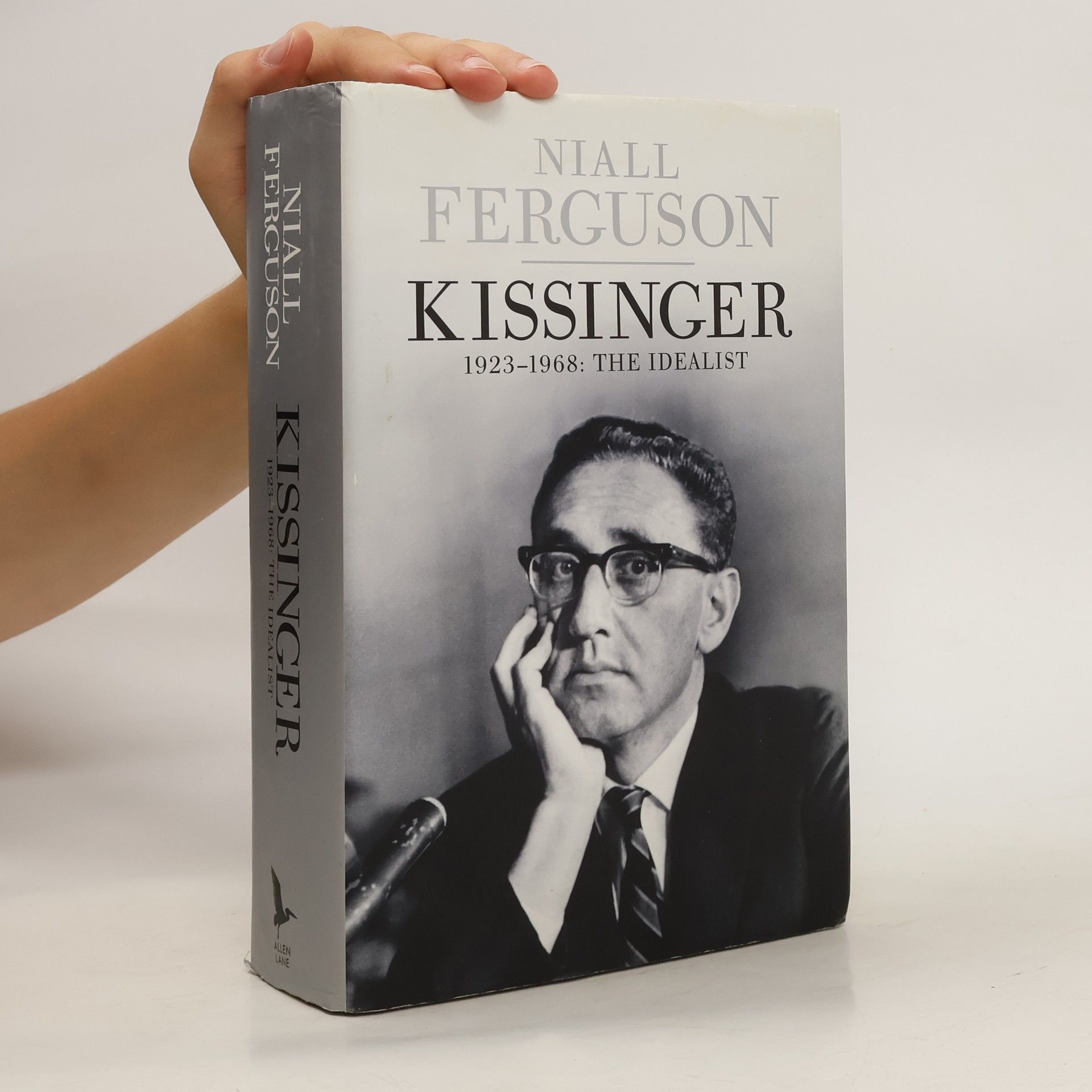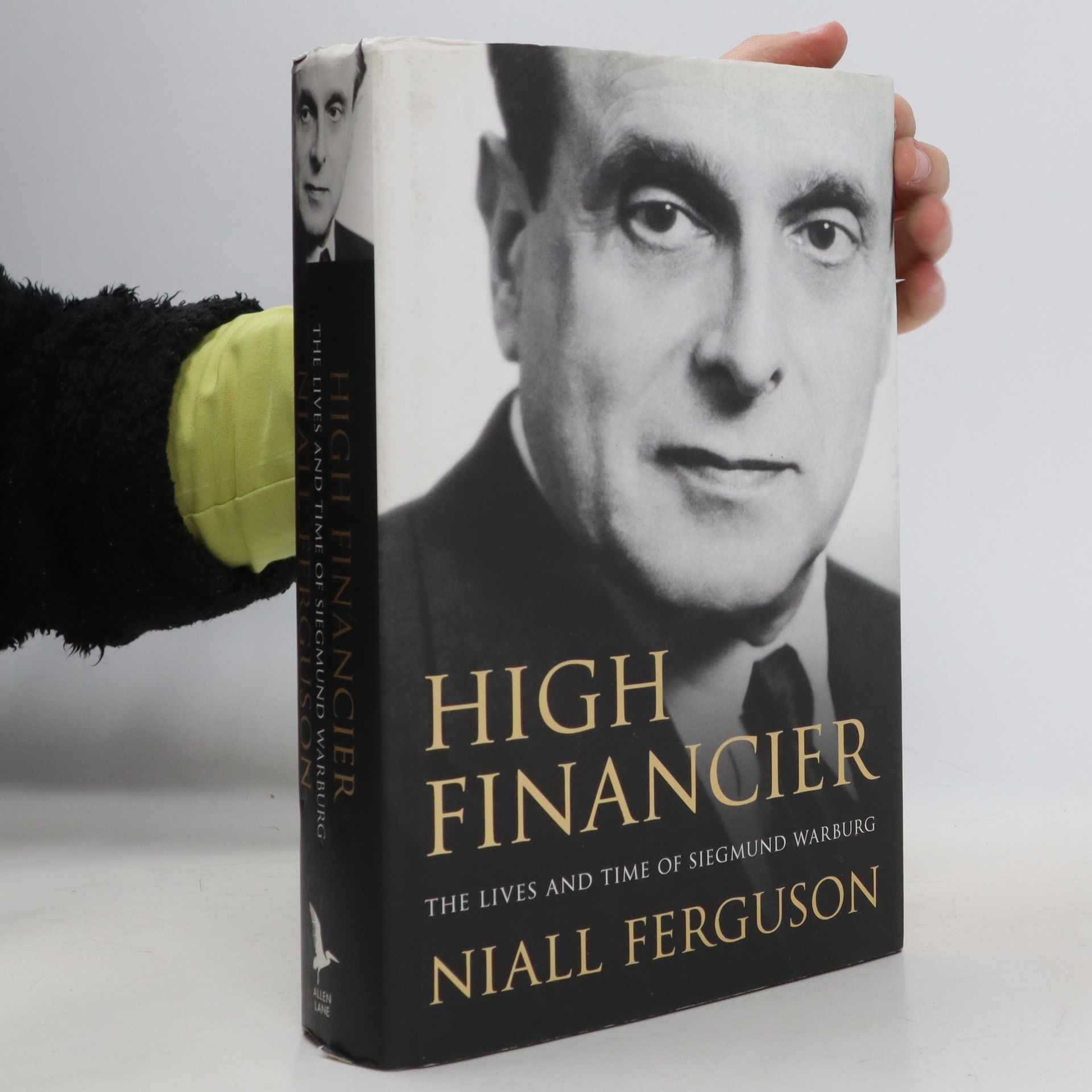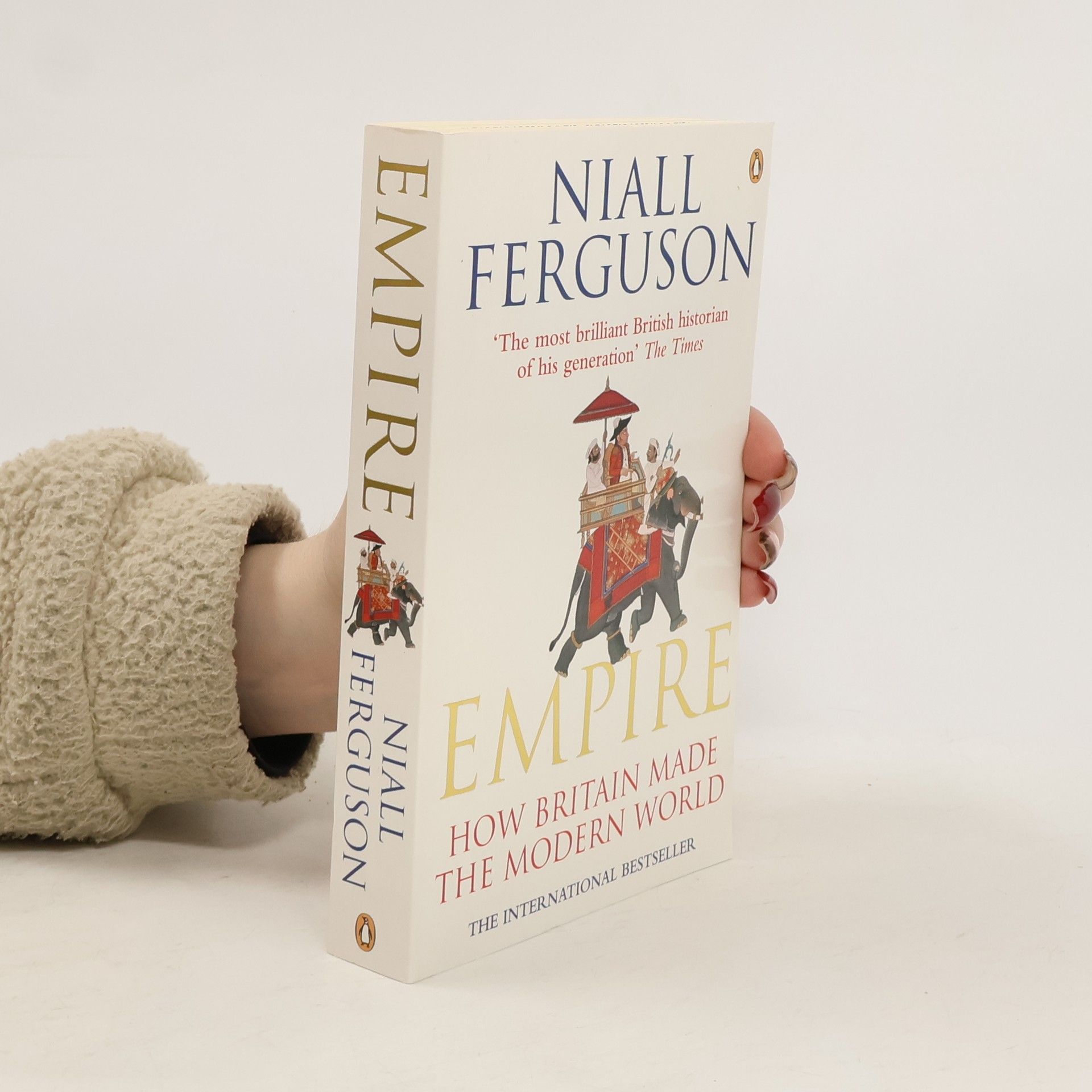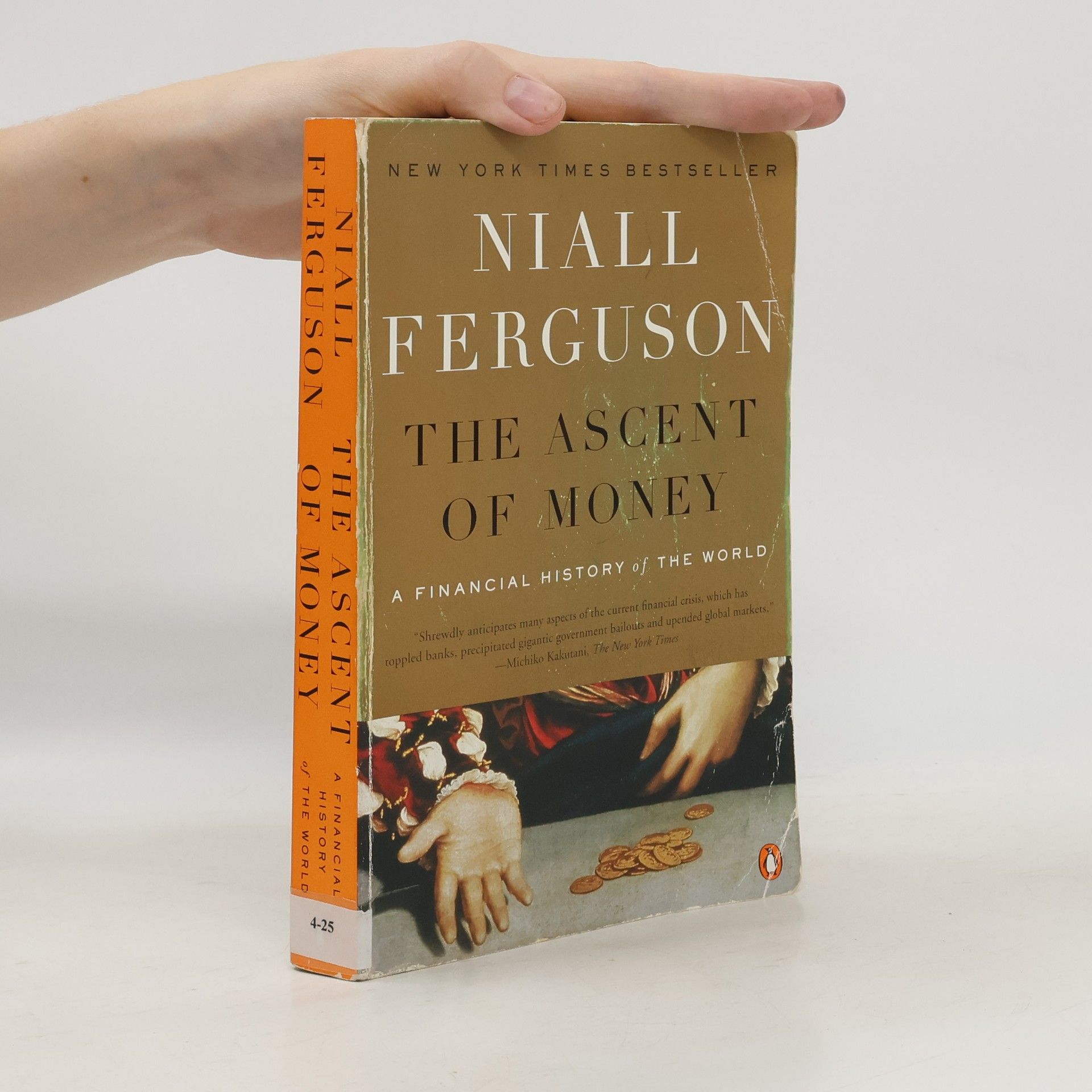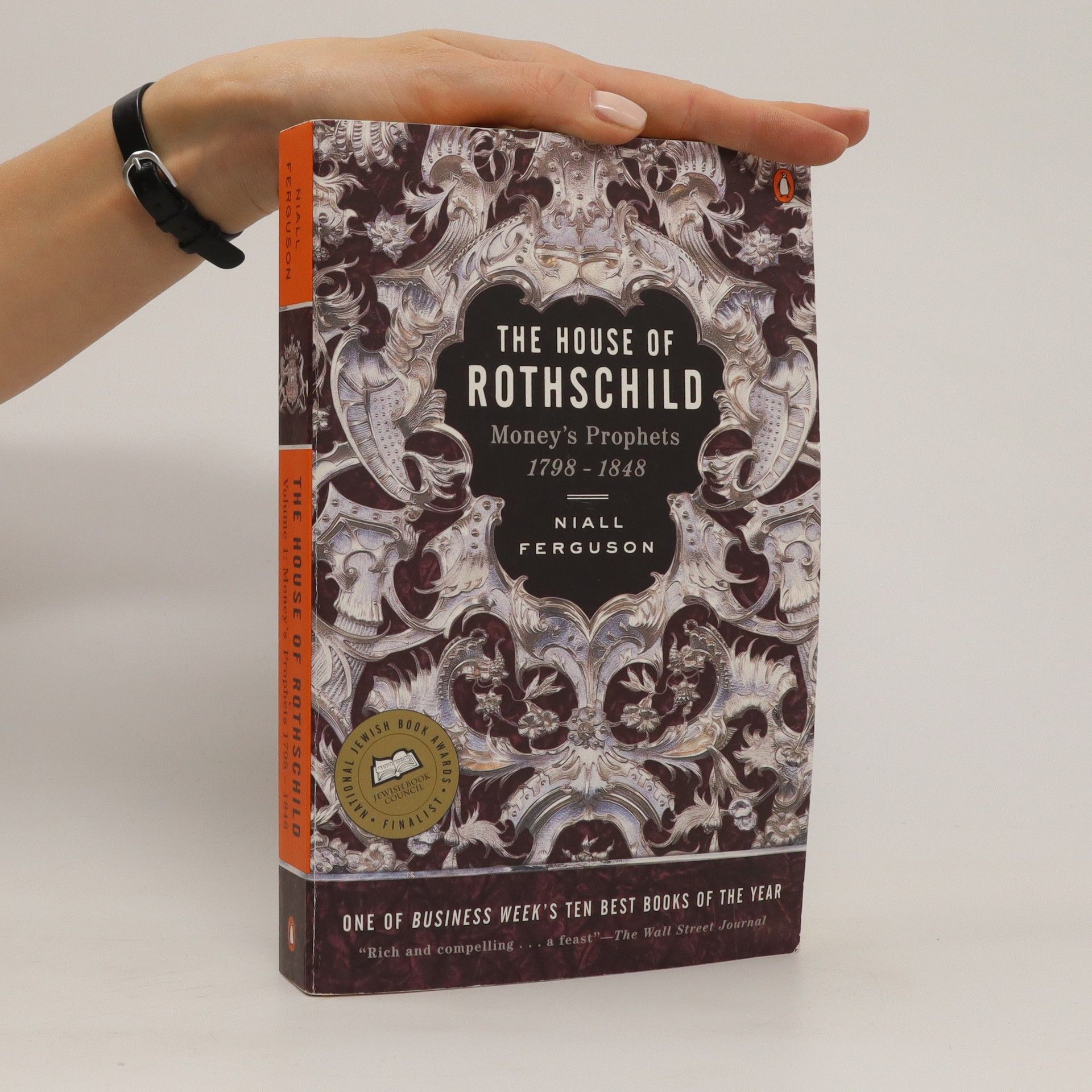Il grido dei morti
- 600pagine
- 21 ore di lettura
Porta d'accesso al «secolo breve», la prima guerra mondiale, che avrebbe dovuto porre fine a tutte le guerre, si rivelò una tragedia con oltre nove milioni di vittime, infliggendo un profondo trauma all'Europa della Belle Époque e trasformando il suo ruolo nella storia mondiale. Questo conflitto fu il culmine della corsa agli armamenti delle potenze europee, in particolare della Germania, e rappresentò il risultato avvelenato dell'imperialismo e di forze storiche così potenti che nessun politico o militare riuscì a contrastarle, configurandosi come un ineluttabile Armageddon. Tuttavia, il noto storico Niall Ferguson si interroga se il Reich tedesco fosse realmente una minaccia per l'ordine europeo e se il conflitto fosse davvero inevitabile. Attraverso un'analisi interdisciplinare, esamina dati economici, testi di poeti di guerra, articoli di quotidiani dell'epoca e documenti diplomatici, sfatando miti e interrogando la nostra comprensione della guerra. Si chiede se l'opinione pubblica accolse la guerra con entusiasmo e quale ruolo avesse la propaganda. Se le condizioni nelle trincee erano così terribili, perché gli uomini continuarono a combattere? Chi vinse la pace e a chi toccò pagare il prezzo della guerra? Infine, le conclusioni di Ferguson rivelano una verità inquietante: la prima guerra mondiale non fu solo una tragedia, ma il più grave errore della storia moderna.

